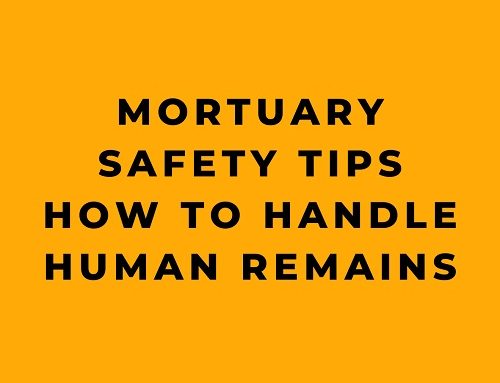What it Takes to Save a Life
First aiders play a crucial role in providing immediate assistance in emergency situations, often being the difference between life and death. To become an effective first aider, one must possess a combination of soft skills (personal traits) and hard skills (knowledge-based skills). In this comprehensive article, we will explore the key skills required to succeed as a first aider, ranging from communication and interpersonal abilities to life-saving techniques such as CPR.
Soft First Aid Skills: The Personal Traits
Communication and Interpersonal Ability
One of the most important soft skills for a first aider is the ability to communicate effectively. During emergency situations, being able to convey information clearly and calmly is essential. This skill is necessary for interacting with the victim, gathering information from bystanders, and providing reassurance. A good first aider must have the ability to ask appropriate questions about signs and symptoms and provide immediate assistance to the victim if an emergency occurs.
Confidence
Confidence is crucial for a first aider, as they must be able to apply their skills and techniques in real-world emergency situations. Confidence instills trust in both the victim and those around them, allowing the first aider to take decisive action when needed.
Ability to Work Under Pressure
The ability to work under pressure is a key skill for a first aider, as emergency situations can be stressful and distressing. First aiders should be able to keep a ‘cool head’ and remember key lifesaving skills, such as CPR, in high-pressure situations. Maintaining composure and making sound decisions under pressure is essential for effective first aid response.
Attention to Detail
First aid involves learning numerous rules, signs, and symptoms, making attention to detail a crucial skill for a first aider. The ability to notice subtle changes in a victim’s condition or environment can make a significant difference in providing the right assistance at the right time.
Teamwork and Leadership
First aiders often work as part of a team or alongside other emergency services. Being an integral team player and having the potential to take on a leadership role during an emergency is important. Collaborating with others and leading when necessary can ensure a coordinated and effective response to an emergency situation.
Hard First Aid Skills: The Knowledge-Based Abilities
Cardiopulmonary Resuscitation (CPR)
CPR is one of the most vital hard skills for a first aider. Cardiac arrest is a leading cause of death, and knowing how to perform CPR can significantly increase the chances of survival for a victim. CPR skills involve providing artificial ventilation to preserve brain function, blood circulation, and breathing in a person experiencing cardiac arrest. Learning the components of high-quality CPR is essential for any effective first aider.
Management of Choking
Knowing the correct techniques to clear a blocked airway is crucial for a first aider. In the event of choking, being able to perform the Heimlich maneuver or other airway clearance techniques can save a life by dislodging the obstruction and restoring normal breathing.
First Aid Safety Training
First aiders should be trained in basic first aid safety skills, including assessing dangers, providing immediate assistance, and knowing when additional help is required. Practical, hands-on training is essential for confidently responding to emergency situations and ensuring the safety and well-being of the victim.
Seizure Management
Understanding how to assist someone experiencing a seizure is an important skill for a first aider. Knowing how to cushion the person’s head, remove harmful objects from the surroundings, and aid breathing while the seizure occurs can prevent further injury and provide necessary support to the individual.
Conclusion
In conclusion, the key skills for aiders encompass a combination of personal traits and knowledge-based abilities that are essential for providing effective first aid. From communication and confidence to CPR and seizure management, a well-rounded first aider should possess a diverse skill set to handle a wide range of emergency situations. Whether it’s in the workplace, community, or at home, having individuals with these key skills can make a monumental difference in saving lives and ensuring the well-being of those in need. Therefore, it is crucial for individuals to acquire and develop these skills through training and practice, ultimately contributing to a safer and more prepared society.










